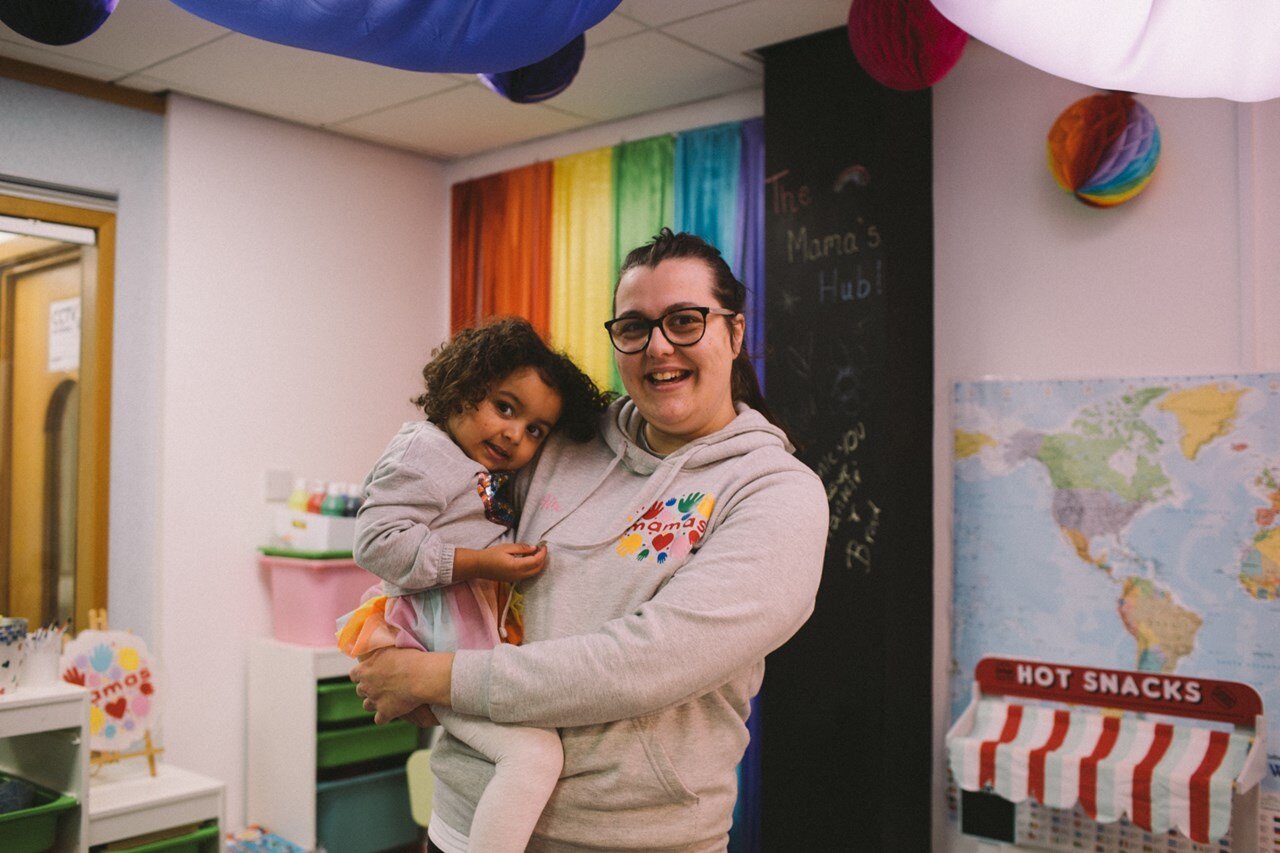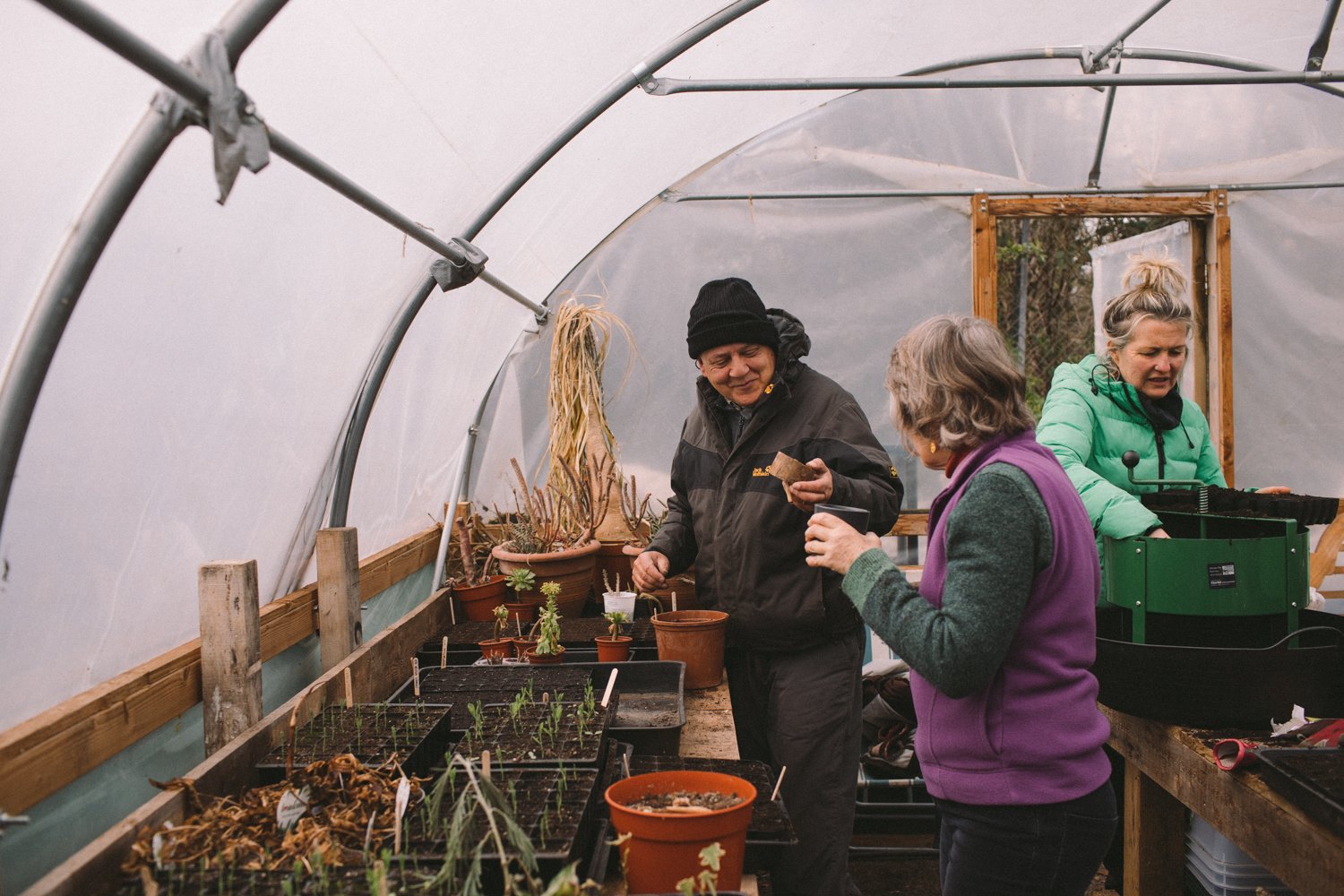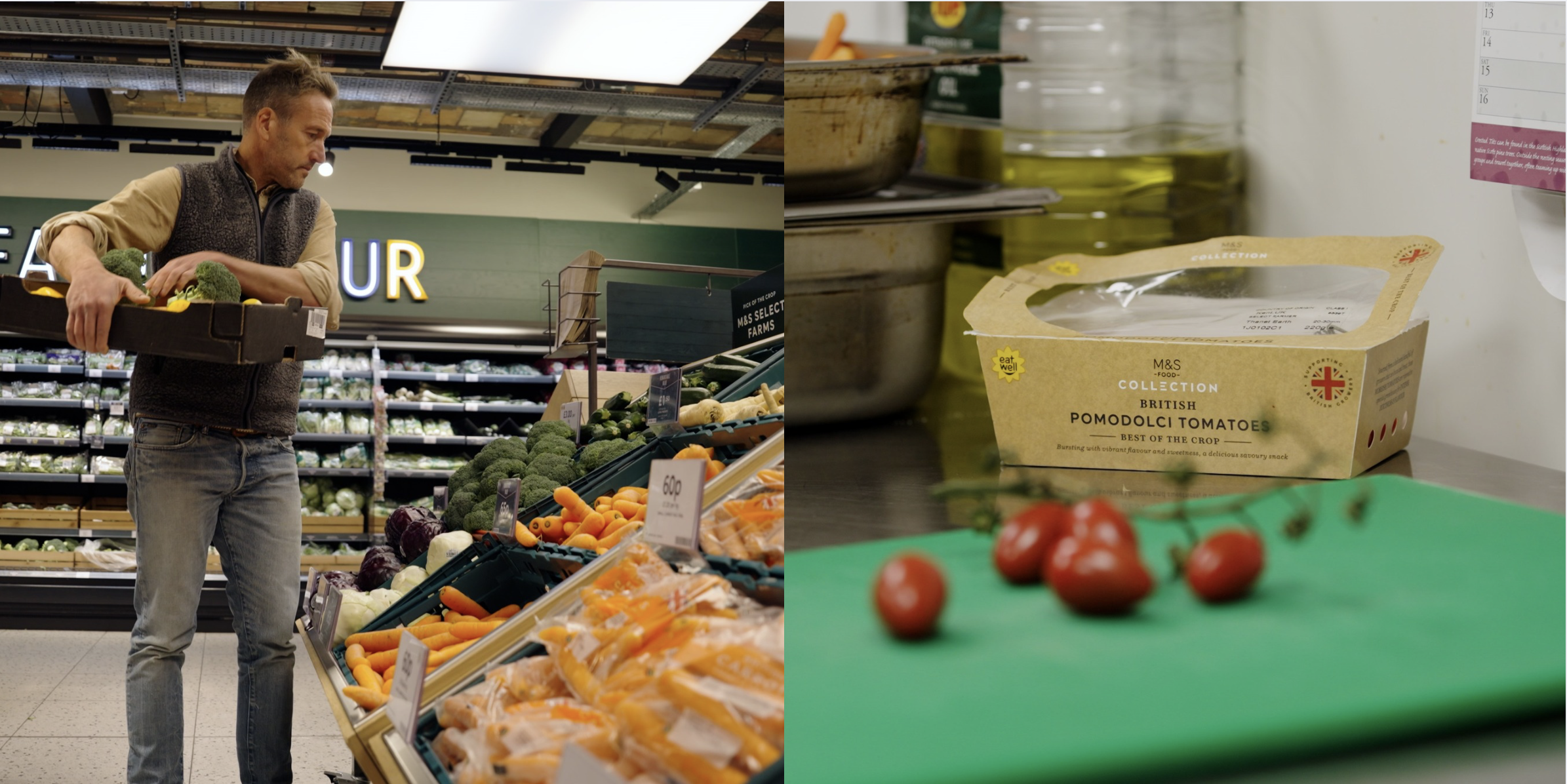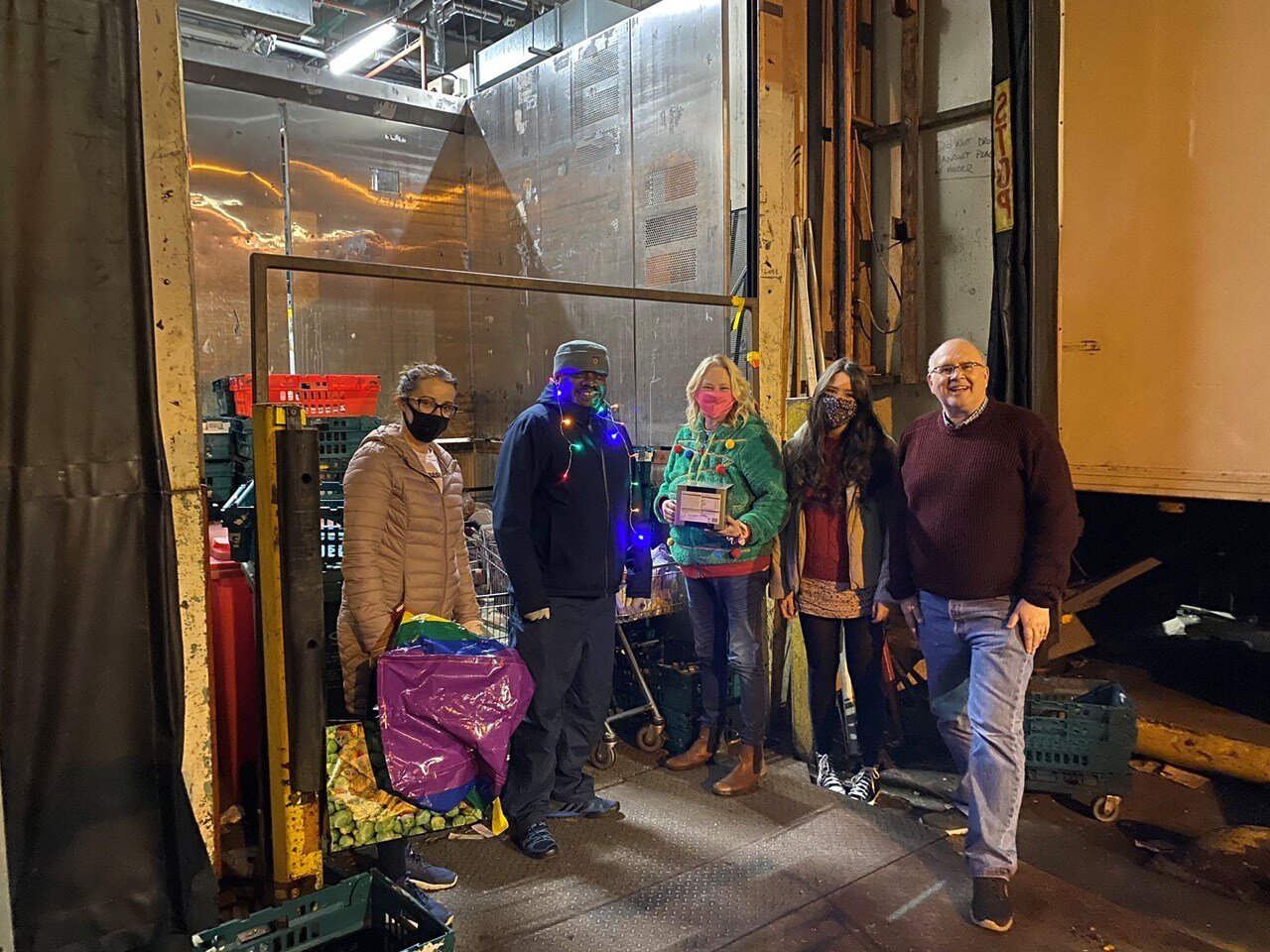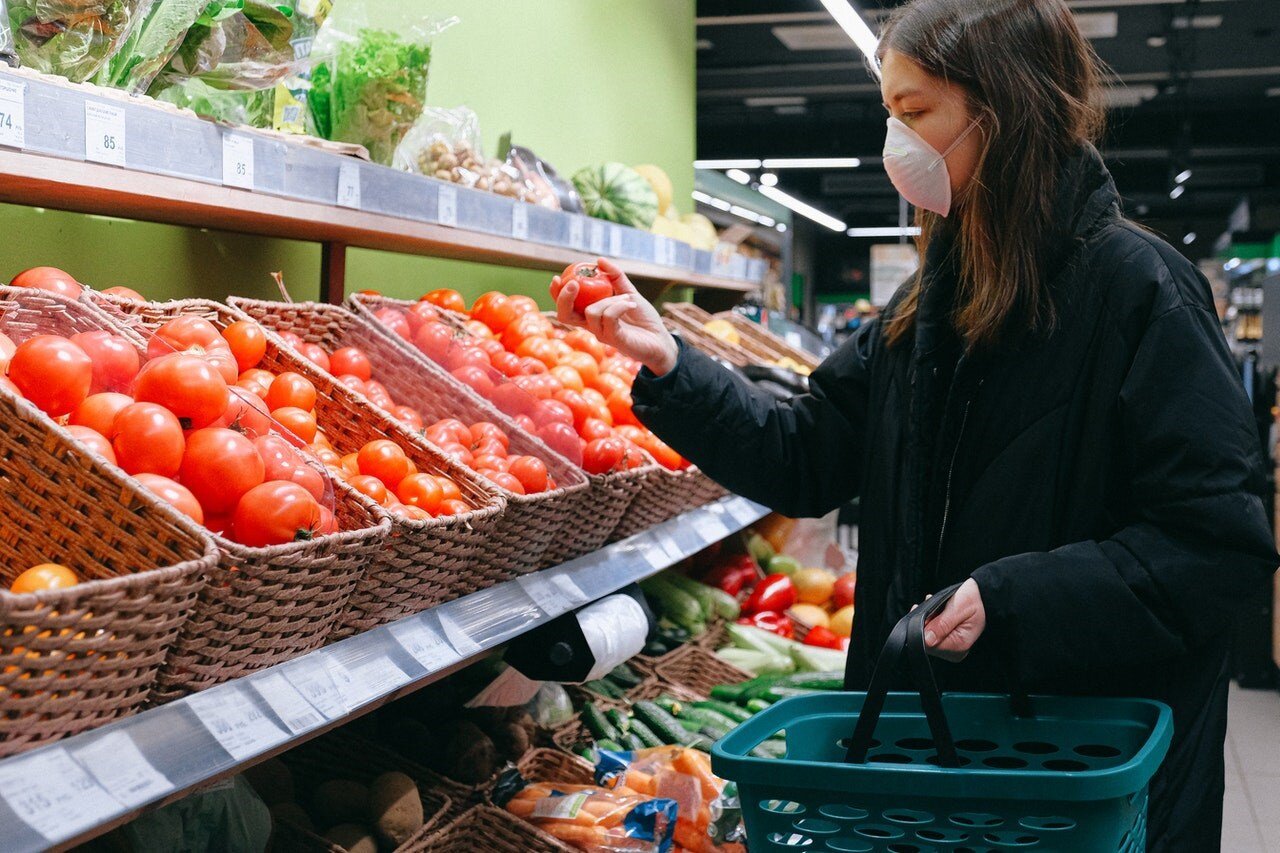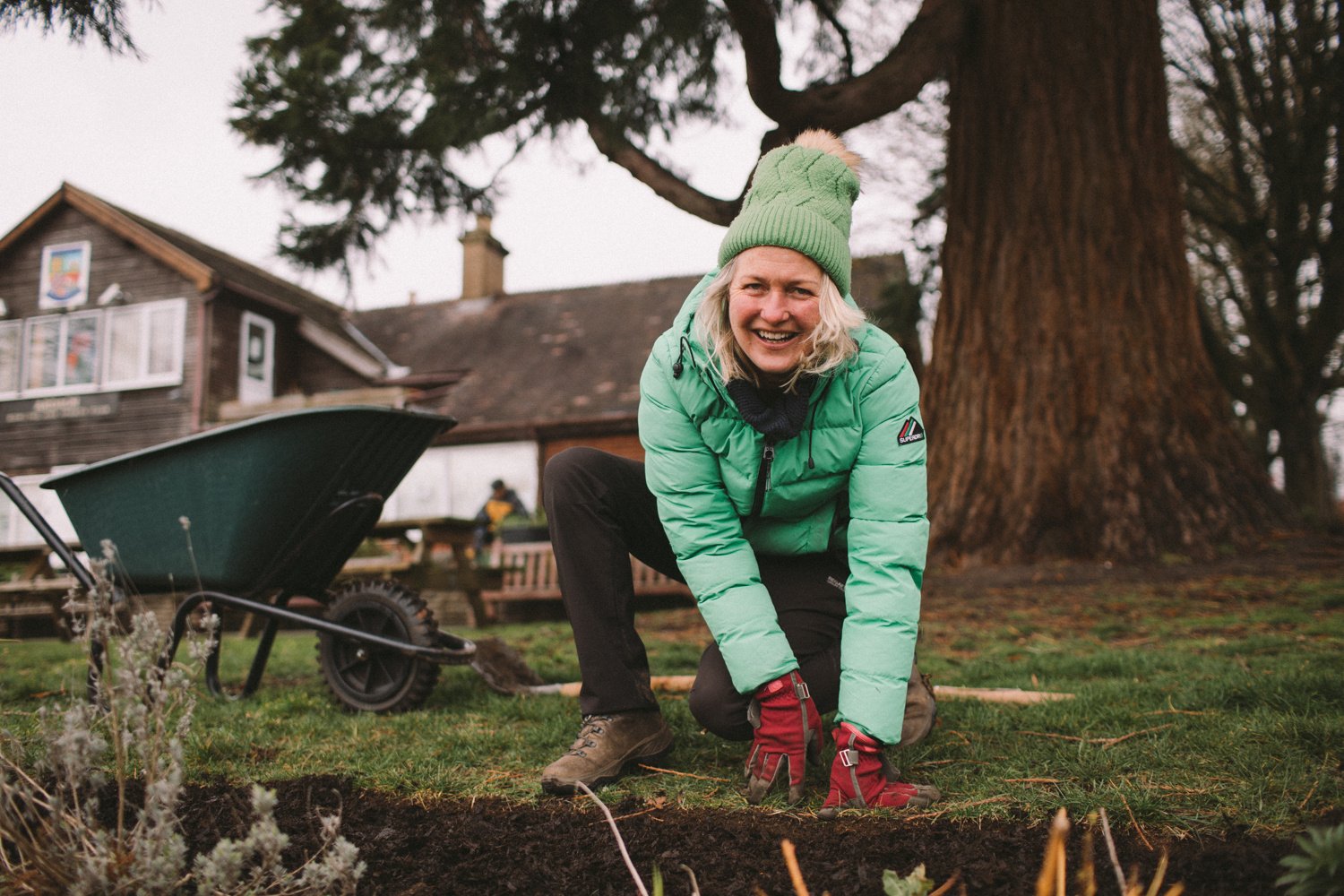
Jane Halstead
Brand & Comms Lead
PRESS RELEASE
Up to 2 million more meals per week unlocked through two Neighbourly-led food surplus initiatives
The Surplus Saviours individual distribution scheme and Food Hygiene Focus Group Use-By-Date decision will enable a significant increase in surplus redistribution to local communities
24 February 2025 - Neighbourly, the giving platform which connects businesses with local charities and community groups across the UK and Ireland, has launched its Surplus Saviours® initiative, enabling individuals from the community to collect donations of unsold food from its network of supermarkets, stores and cafes. In addition, the company is announcing an update to charity food collection guidance by the Food Hygiene Focus Group, to align these with consumer rules, which Neighbourly has successfully championed with its Primary Authority partner, Cornwall Council.
The Surplus Saviours® scheme expands on the company’s successful charitable surplus programme, which provides partners including M&S, Lidl, Aldi, Sainsbury’s, Gail’s and Pret A Manger with an end-to-end solution that has facilitated over 250 million meals into local communities. This new scheme invites individuals to join the UK-wide programme for the first time, to collect free surplus food from stores where smaller quantities or collection times are best suited to individuals. Marks and Spencer is the first retailer to trial this programme in partnership with Neighbourly.
In a move to maximise distribution of surplus food into communities, Neighbourly has also today announced the support of the Food Standards Agency’s Food Hygiene Focus Group in updating the guidance for charitable organisations collecting surplus Use-By-Date (UBD) food on its expiry date. As a result of Neighbourly’s work in partnership with Primary Authority partner Cornwall Council, the guidance for charities can now be brought in line with consumer guidance for ‘freeze-by’ timings, meaning freezable items can now be placed in the freezer by midnight on the use-by day. This change means charities collecting surplus food will now be able to access fresh and chilled Use-By-Date items later in the evening, aligning with late closing times for many retailers across the country.
Neighbourly estimates that by making Use-By-Date stock more easily accessible to both individual and charity collectors that an additional 2 million meals per week could be unlocked for redistribution into local communities, from UK supermarkets alone.
Neighbourly CEO Steve Butterworth commented;
“These are two vital and timely initiatives in our mission to make it easier for businesses to make environmental strides when it comes to surplus redistribution, and for communities to have access to valuable resources rather than have them go to waste. The most requested items from our network are food and fresh produce, with 50% of local good causes saying there are people they simply can't help due to limitations in capacity and funding. Unlocking ways to make our economy more circular is paramount.”
Councillor Martyn Alvey, portfolio folder for Environment and Climate Change at Cornwall Council said;
“We are delighted to have worked with Neighbourly on their proposal to the FSA’s Food Hygiene Focus Group for an update to charity guidance around the freezing of food on its use-by date. This brings the guidance in line with consumer standards to simply ensure items are placed in the freezer by midnight on the UBD. It’s a move that makes complete sense and has the potential to hugely benefit charity and voluntary groups, many of whom are already collecting surplus food in the evenings but have been unable to take chilled items due to previous food safety advice.”
Catherine David, Director Behaviour Change & Business Programmes from WRAP, said;
"Redistribution is a UK success story, both saving good food from waste and providing a critical resource for people in need. These changes will remove the barriers that currently restrict charities and community organisations from accessing even more food and create an efficient pathway for surplus food to benefit communities, and stop more wasted food from contributing to climate change."
-1.jpg)
